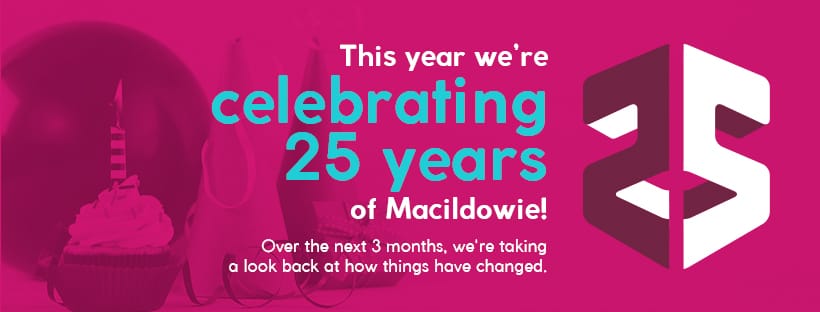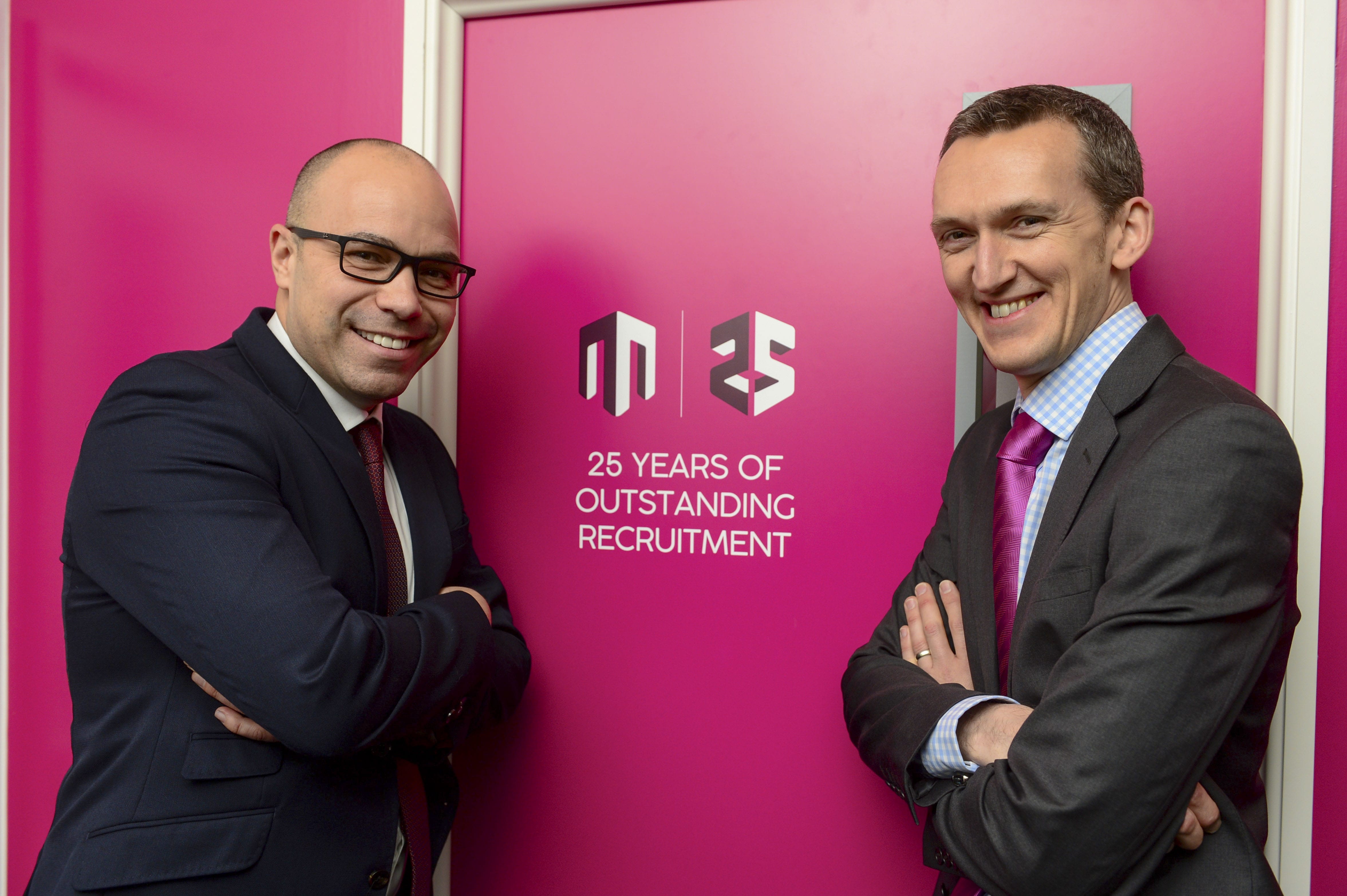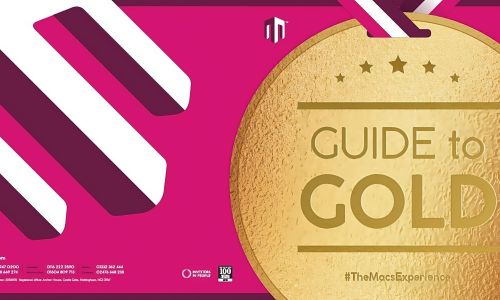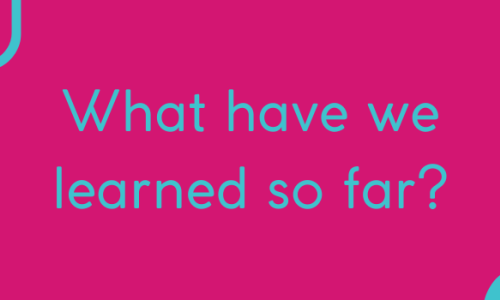Macildowie at 25: How has technology transformed recruitment?
As we celebrate our 25th anniversary, director of business systems James Stewart, looks at how changing technology has shaped recruitment today.
I’ve no doubt the younger members of our team would be astonished to discover that, when I joined Macildowie in 1995, I was handed a Yellow Pages for Leicester and told: “You can’t break our Leicester market because we don’t do anything there yet, so go and make a load of phone calls and see if you can find anyone who will work with us.” It was pretty crude – but like a lot of businesses back then, we only had one computer, which the office administrator used. We’d go, cap in hand, to her and ask her to print things off for us.

(Luckily our first computer was a couple of years more up to date than this one...)
At the time, we relied on index cards to write notes about each candidate and the kind of working environment they would suit. I remember we had a ‘brown box’ of cards, reserved for candidates we thought were most likely to fit the jobs we had, and then other boxes for applicants who it might be more difficult to match up. Handling any level of volume was pretty tricky compared to what we have today but where we created relationships they tended to be deep and lasting.
The digital technology that replaced this sort of paper based system is one of the biggest changes in our industry. Today, businesses don’t have one platform but an entire ecosystem of programmes all working together. It’s critical this ecosystem is robust. It needs to be set up so that taking away one element or adding another doesn’t make the whole system break down. I’d say this interdependency within tech environments is something that recruiters definitely didn’t envisage 25 years ago.
With the GDPR regulations currently at the forefront of every Compliance and IT Manager's mind, security is also critical. We identified a few years ago that in order to ensure we were on the front foot with cyber-security we needed to get certification from an outside body based on their real attempts to hack into our systems. That's why we have been Cyber Essentials certified for the last several years. With some of the recent systems vulnerabilities like the Wannacry cryptoworm ransomware etc we are very glad that this approach has been at the heart of our systems strategy for some time. We used to be able to just lock away the index cards so that only physical proximity to the office would allow access...
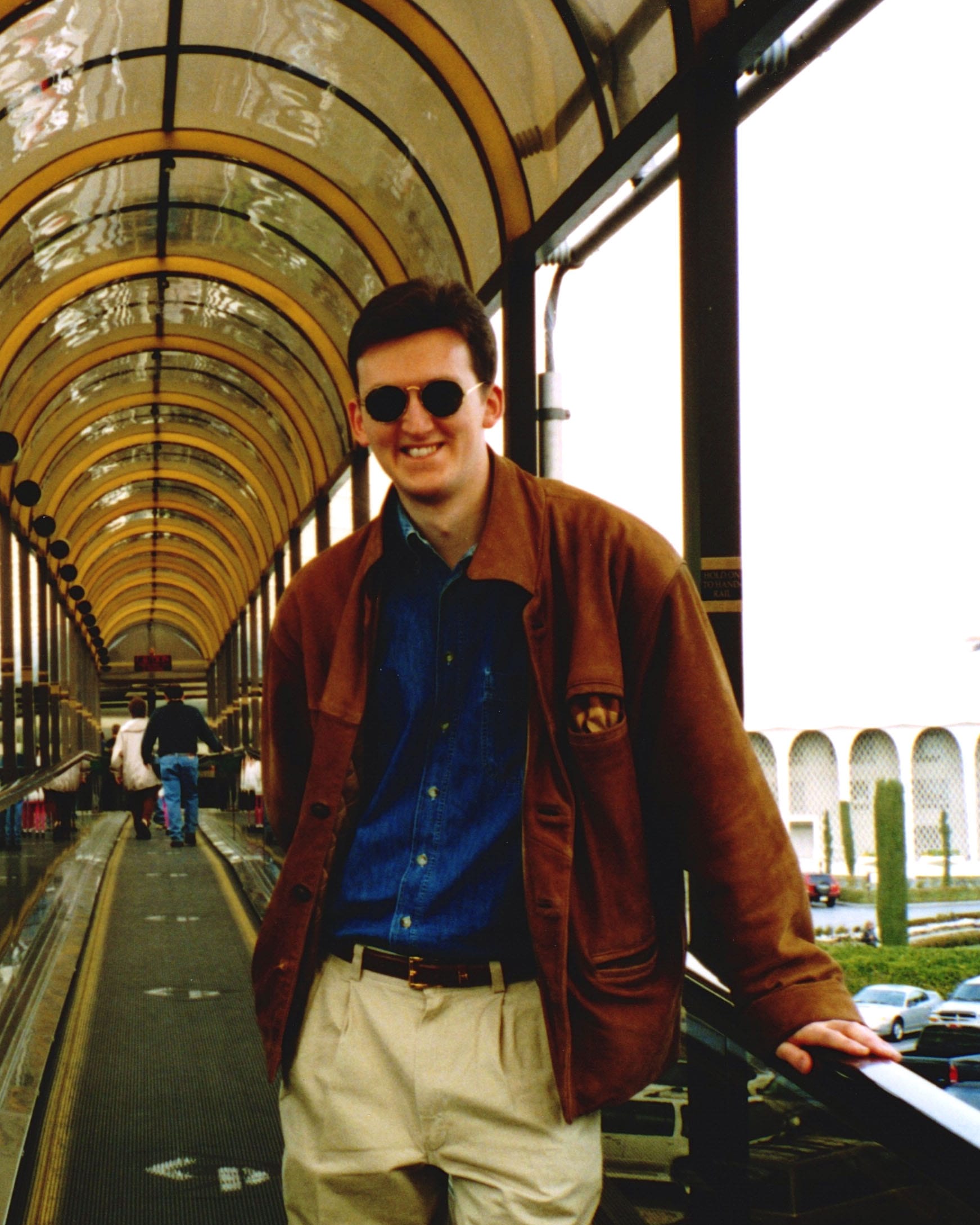
(Riding one of the Vegas travellators in 1999. Macildowie incentive trip winners were amazed to discover technology had already replaced walking in Vegas by then)
Using this robust ecosystem has enabled us to dramatically speed up the time it takes to process candidates. We can now automatically feed job applications from electronic job boards to our consultants who can see them immediately and we currently process around 10-12,000 a month. Compare this to the early days when the admin team had to enter information manually and as recently as a few years ago, we could only process around 2,000 candidates per month. Processing those could take the whole month depending on the admin team’s workload.
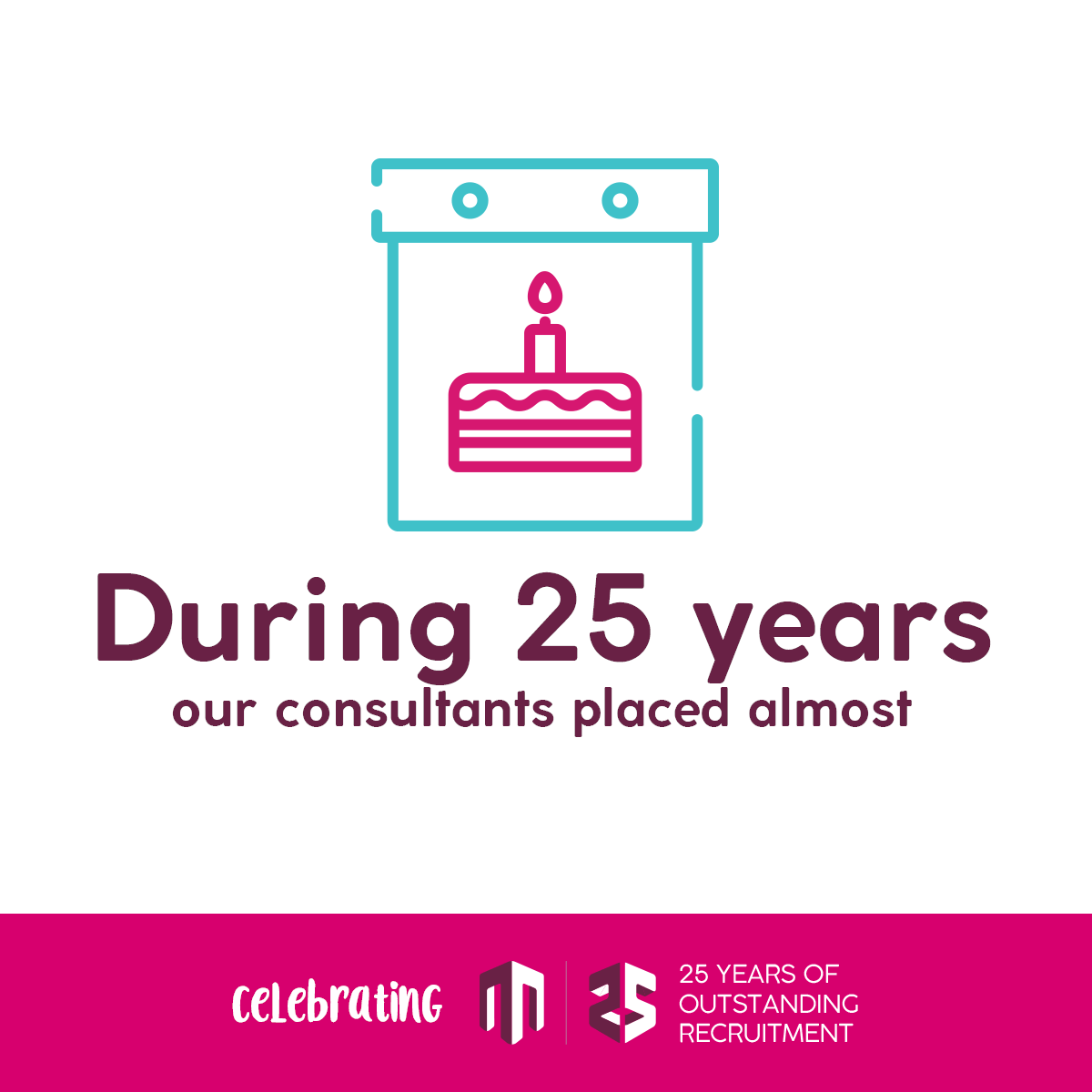
As in other areas of our lives, technology is a double-edged sword and I feel that some valuable skills and practices have definitely been lost because of this growth. In the world of email and LinkedIn, it's tempting to think that you no longer need to try and catch a candidate on the phone in the evening.
In the old days, we would go to the pub at 5pm and have a pint while everyone else was travelling home from work. We were then back in the office for 6pm, making calls for two or three more hours because it was the only time you could talk to candidates about the interviews you’d secured for them, while they weren’t at work. But you also picked up so much more information about their personality, skills and interests because they were at home and relaxed.

(Macildowie's previous Nottingham office - including old tech and old branding)
Of course, technology has not just changed the way we do things as a consultancy – it’s also had a huge impact on the types of jobs we recruit for. The rise of big data means there are now analytics roles that didn’t exist five years ago, let alone 25 years ago.
In an industry as competitive as ours, you need to be ahead of the game on everything, and that includes technology. We were an early adopter of social media in recruitment and everyone uses it now.
Our managing director James Taylor and I were discussing recently what the next ‘big thing’ could be. James told me he thought it could be recruitment chatbots. A tool like this could be extremely useful for consultants currently spending much of their day fielding calls from applicants wanting updates, rather than spending that time finding them jobs. The fact that many people often sign up with multiple agencies, means we may put in the hours but never actually place them in a role. At the very least it makes sense to programme a chatbot to provide online updates for jobs, leaving consultants to concentrate on building relationships with talented candidates and the clients who may need them.
(A rare shot of James Taylor (left) and James Stewart (right) in suits and ties - doesn't happen often nowadays - another big change in the last 25 years)
Technology is changing the recruitment landscape at such a pace that it will be interesting to see what the next year has in store, never mind the next 25 years. During my career, mobile phones have been the biggest game-changer, closely followed by email. We can now communicate with people at any time and wherever they are in the world, because they have a ‘desktop’ in their pockets.
We’ve come a long way from the days of using index cards, although I miss our old fashioned data transmission system for recommending candidates to a colleague (flicking their card, frisby style, across the office). The next generation of recruiters has grown up using images, emojis and text rather than speaking to people face-to-face or at least over the phone. We just need to ensure they maintain the level of craft the old school tools helped imbue in us and that they are confident enough to speak to candidates and clients, rather than relying on the latest app.
